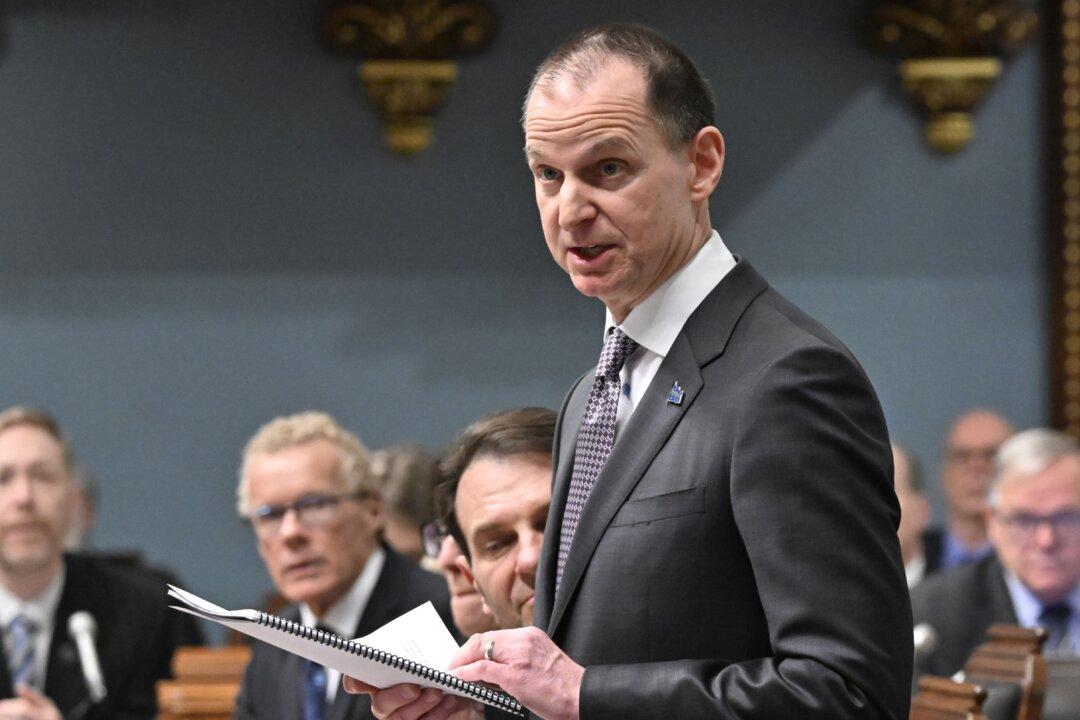March is budget month for Ottawa and many provinces, presenting challenges for finance ministers to ease the pressures inflation has wrought for Canadians in ways that won’t make the problem worse.
In its March 21 budget , Quebec reduced the lowest two tax rates by 1 percent starting this year, potentially saving each Quebecer up to $814 as of 2023 at a cost of $9.2 billion to the government over six years.





